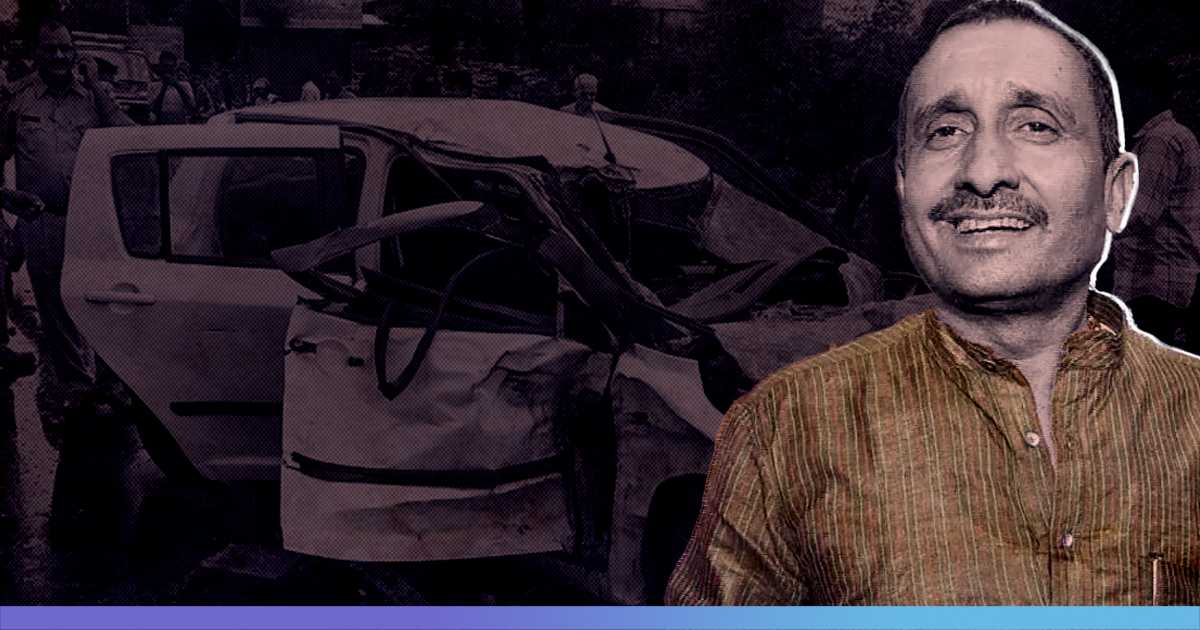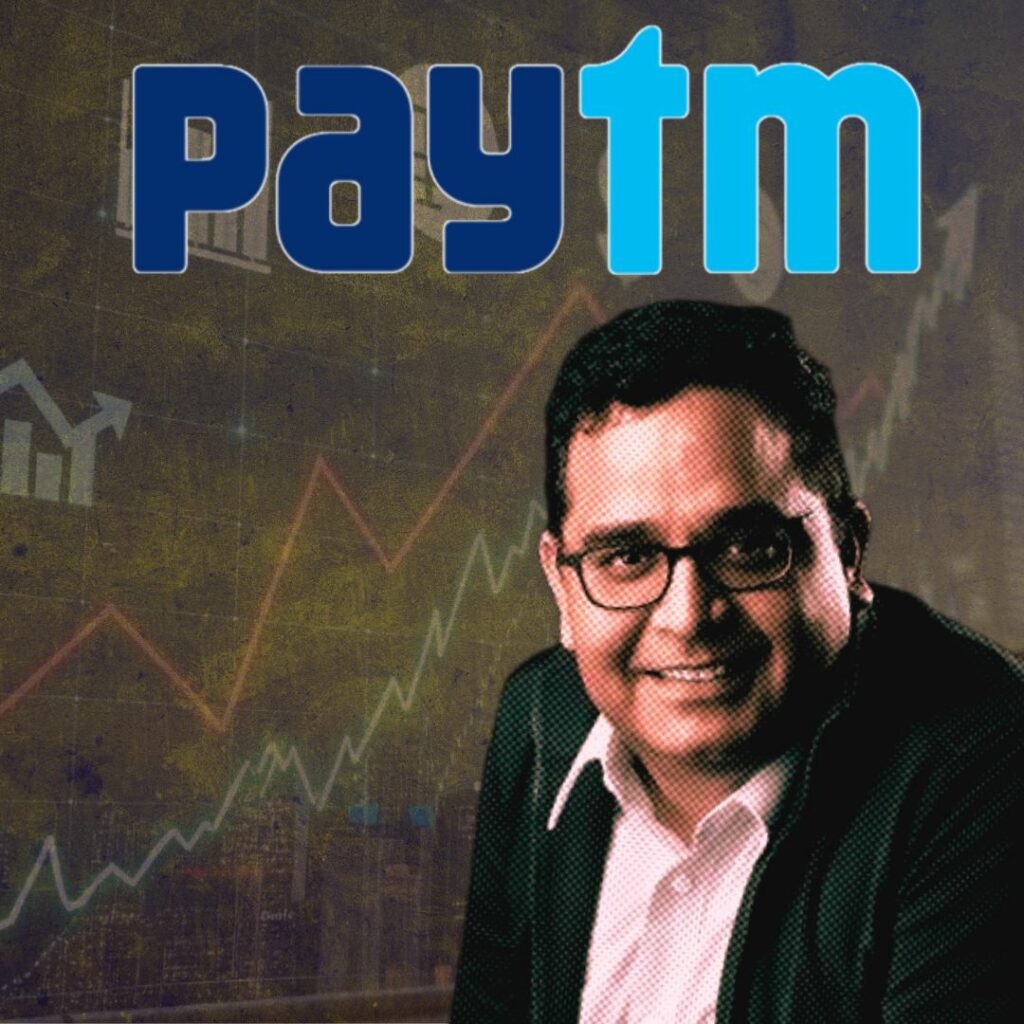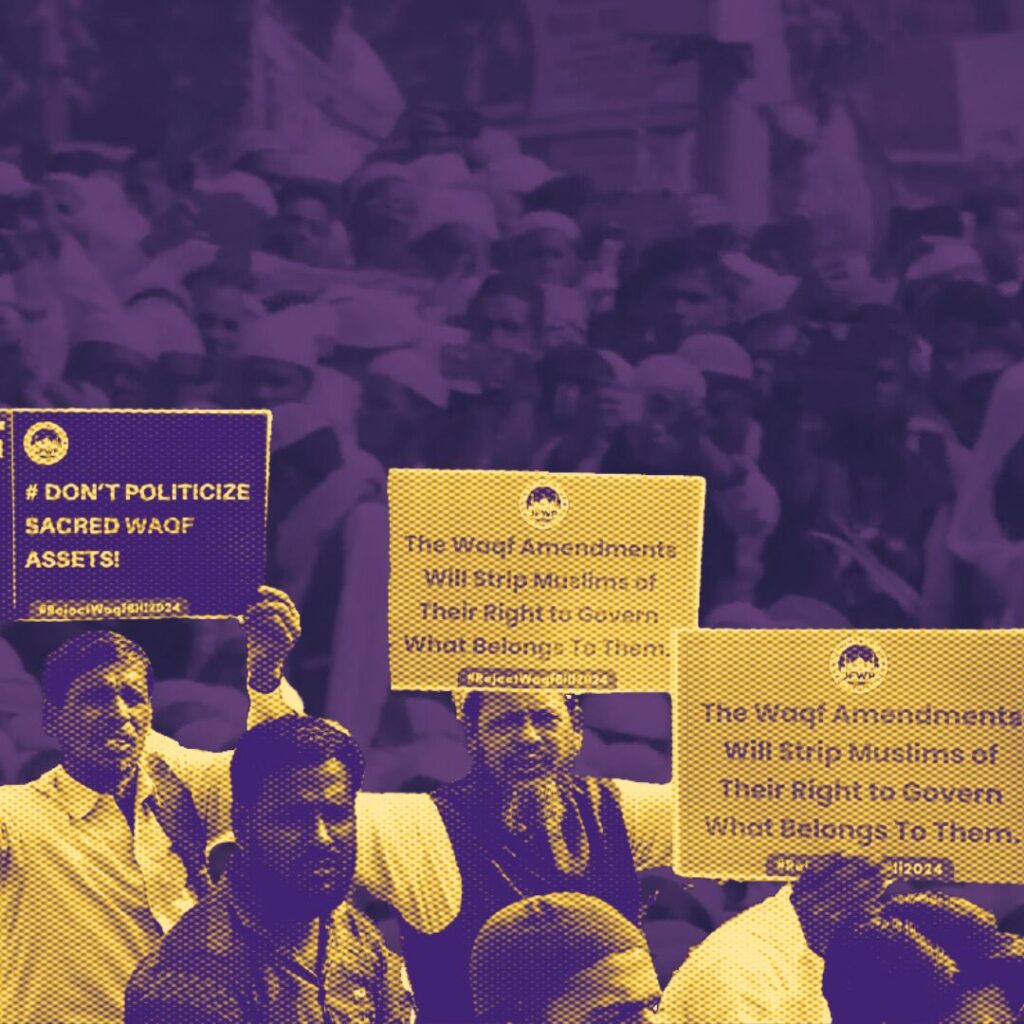The Unnao rape survivor had written a letter to the Chief Justice of India (CJI) claiming that their lives were in grave danger, just 15 days before she met with the accident that left her critical and killed two of her relatives.
Amid allegations that Kuldeep Sengar, who had raped the girl, had conspired and planned the attack, the court registry has been directed by Chief Justice Ranjan Gogoi to submit details of the letter.
Supreme Court To Hear Petition On Mishandling Of Unnao Case
“The CJI has asked the Secretary-General to go through the letter written in Hindi for preparing a note of it for his perusal,” NDTV quoted an official of the Supreme Court as saying.
“This morning I read in the papers that the Unnao victim had written to the SC. I was informed about the letter yesterday (Tuesday). I have not yet seen the letter. It is yet to be placed before me. We try to do something constructive in the midst of this highly destructive volatile environment and this happens,” India today quoted Gogoi as saying on July 31.
Reportedly, the letter related several incidents that occurred between July 7 and 8, when some of Kulkeep Sengar’s people allegedly threatened the family of the survivor. It further requested the court to ask the police to file a case against those who tried to intimidate them.
In January, the victim’s mother also filed a transfer petition before the Apex Court demanding that the case be transferred to Delhi instead of Lucknow, as the family was in danger.
On Thursday, August 1, the Supreme Court will hear a petition on how the Unnao case was mishandled. The court will also receive a medical report of the survivor’s condition, which is now critical after the car she was traveling in was ‘accidentally’ hit by a truck whose number plate was smeared with black paint.
The case is being investigated by the CBI. A day after the car crash, an FIR was lodged, naming Kuldeep Sengar, his brother Manoj Singh Sengar and eight others. The case was registered under Sections 302 (murder), 307 (attempt to murder), 506 (criminal intimidation), and 120-B (punishment for criminal conspiracy) of the Indian Penal Code (IPC).










